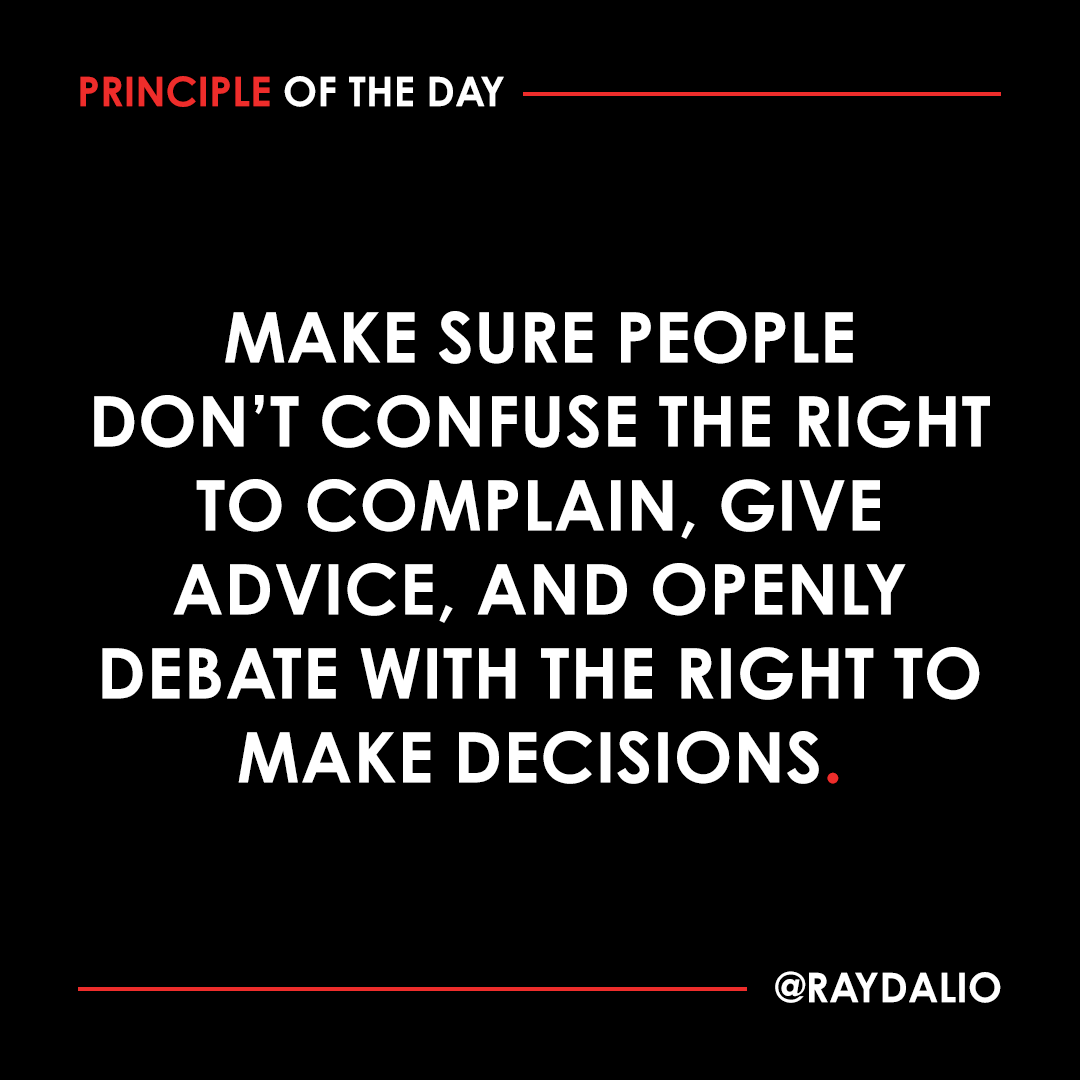
So long as you bear the consequences of failure, you are the ultimate Responsible Party. #principleoftheday (1/6) 

For example, while you might choose to delegate the responsibility of figuring out how to handle your illness to a doctor, it is your responsibility to pick the right one, since you will bear the consequences if he does a bad job. (2/6)
Or if you were building a house, would you go to an architect and say "show me the kinds of houses I can build" or would you tell the architect what kind of house you want to live in? (3/6)
This is especially true when it comes to money. If you delegate the oversight responsibility for your finances to others, they typically won't hold themselves as accountable for your money as they would their own and they won't fire themselves if they are doing a bad job. (4/6)
Only the ultimate RP can do that.
When putting someone in a position of responsibility, make sure their incentives are aligned with their responsibilities and they experience the consequences of the outcomes they produce. (5/6)
When putting someone in a position of responsibility, make sure their incentives are aligned with their responsibilities and they experience the consequences of the outcomes they produce. (5/6)
As an example, structure their deals so that they do well or badly based on how well or badly you do in the areas they are responsible for. This is fundamental for good management. (6/6)
• • •
Missing some Tweet in this thread? You can try to
force a refresh










